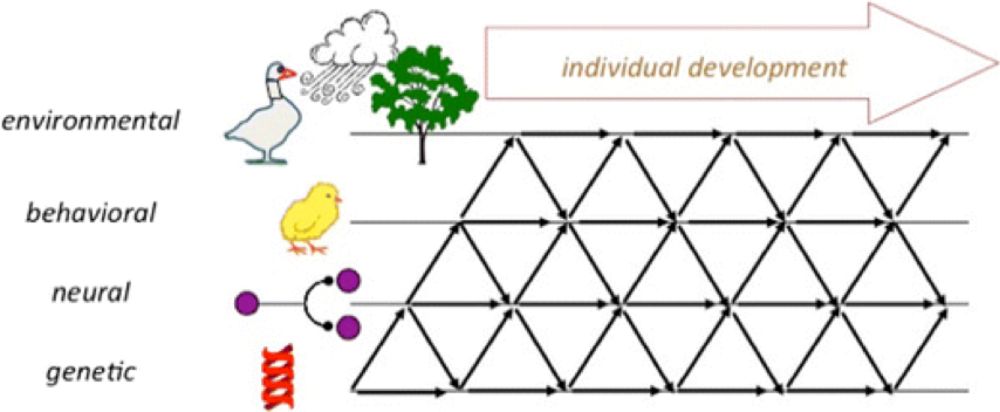




ווי בויען פייגלאך נעסטן) by M. Bres. Seems to be from a series called "Nature and People" (נאַטור און מענש). www.yiddishbookcenter.org/collections/...




ווי בויען פייגלאך נעסטן) by M. Bres. Seems to be from a series called "Nature and People" (נאַטור און מענש). www.yiddishbookcenter.org/collections/...




journals.sagepub.com/doi/full/10....


journals.sagepub.com/doi/full/10....




































